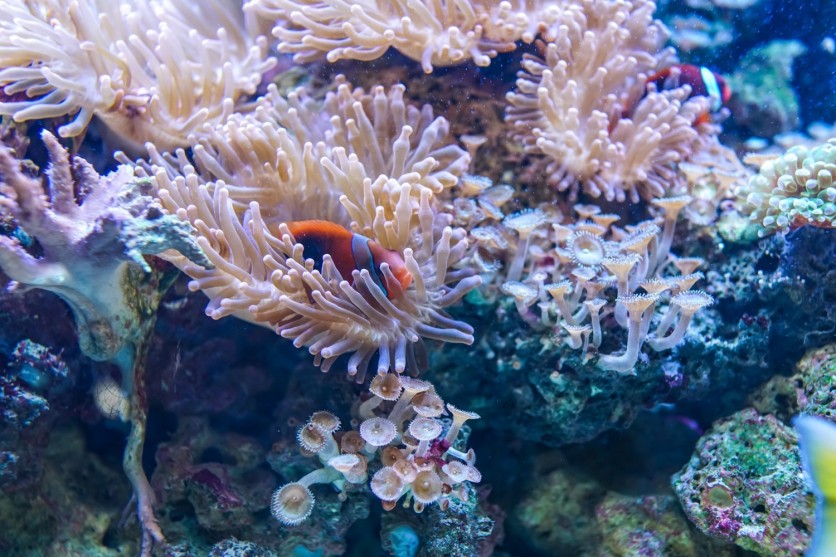A team of researchers at UC San Diego's Scripps Institution of Oceanography, together with national and international colleagues, has conducted a new study on the oxygen loss in coral reefs worldwide under ocean warming.
This research presents an unprecedented investigation of hypoxia or low oxygen levels at 32 various sites and reveals that hypoxia is widespread on several reefs.
Although the overall reduction of oxygen content in the world's oceans and coastal waters, also known as ocean deoxygenation, has been well-documented, hypoxia on coral reefs has not been thoroughly explored yet.

Threat to Marine Ecosystems
According to the study, oxygen loss in the ocean is expected to pose a threat to marine ecosystems on a global scale.
However, there is still a need for further research to gain a better understanding of the biological impacts that tropical corals and coral reefs will face.
"This study is unique because our lab worked with several collaborators to compile this global oxygen dataset especially focused on coral reefs-no one has really done that on a global scale before with this number of datasets," marine scientist Ariel Pezner said in a press release statement.
"We were surprised to find that a lot of coral reefs are already experiencing what we would define as hypoxia today under current conditions."
The authors of the study utilized four different climate change scenarios to demonstrate how ocean warming and deoxygenation could considerably increase the duration, intensity, and severity of hypoxia on coral reefs by the year 2100.
To explore oxygen variability and hypoxia exposure, Pezner and colleagues used autonomous sensor data to study 32 diverse reef sites in waters off Japan, Hawaii, Panama, Palmyra, Taiwan, and other locations.
SeapHOx Sensors
Data was collected every 30 minutes using SeapHOx sensors, instruments that were developed by the lab of Scripps Oceanography researcher Todd Martz, among other autonomous sensors.
These were deployed in different coral reef habitats to measure temperature, salinity, pH, and oxygen levels.
The SCOOBY lab and partners collected the majority of the data to characterize seawater chemistry and reef metabolism in different coral reef environments.
International partners were instrumental in facilitating research logistics and access to many study sites, while several contributors shared data from their own studies.
The researchers discovered that over 84 percent of the reefs in the study experienced "weak to moderate" hypoxia, while 13 percent experienced "severe" hypoxia at some point during the data collection period, using four different hypoxia thresholds: weak (5 mg/L), mild (4 mg/L), moderate (3 mg/L), and severe hypoxia (2 mg/L).
The team estimated that by 2100, the total number of hypoxic observations on these reefs would increase under all warming scenarios, ranging from a 13 to 42 percent increase under one scenario to a 97 to 287 percent increase under a more extreme scenario relative to current conditions.
The researchers emphasized the need for continued and additional oxygen measurements on coral reefs to establish baseline conditions, track potential hypoxic events, and better predict future impacts on reef ecology, health, and function.
The findings were published in the journal Nature Climate Change.





